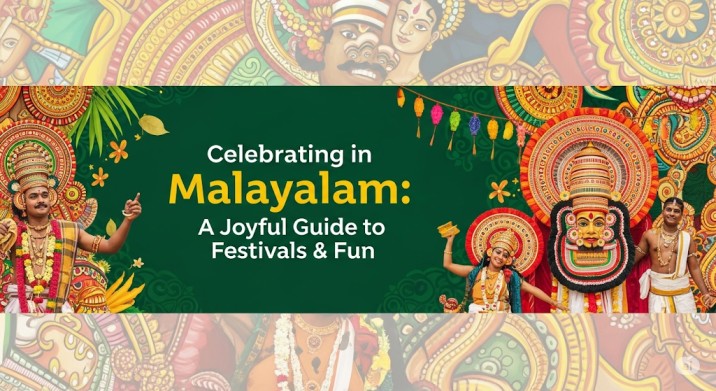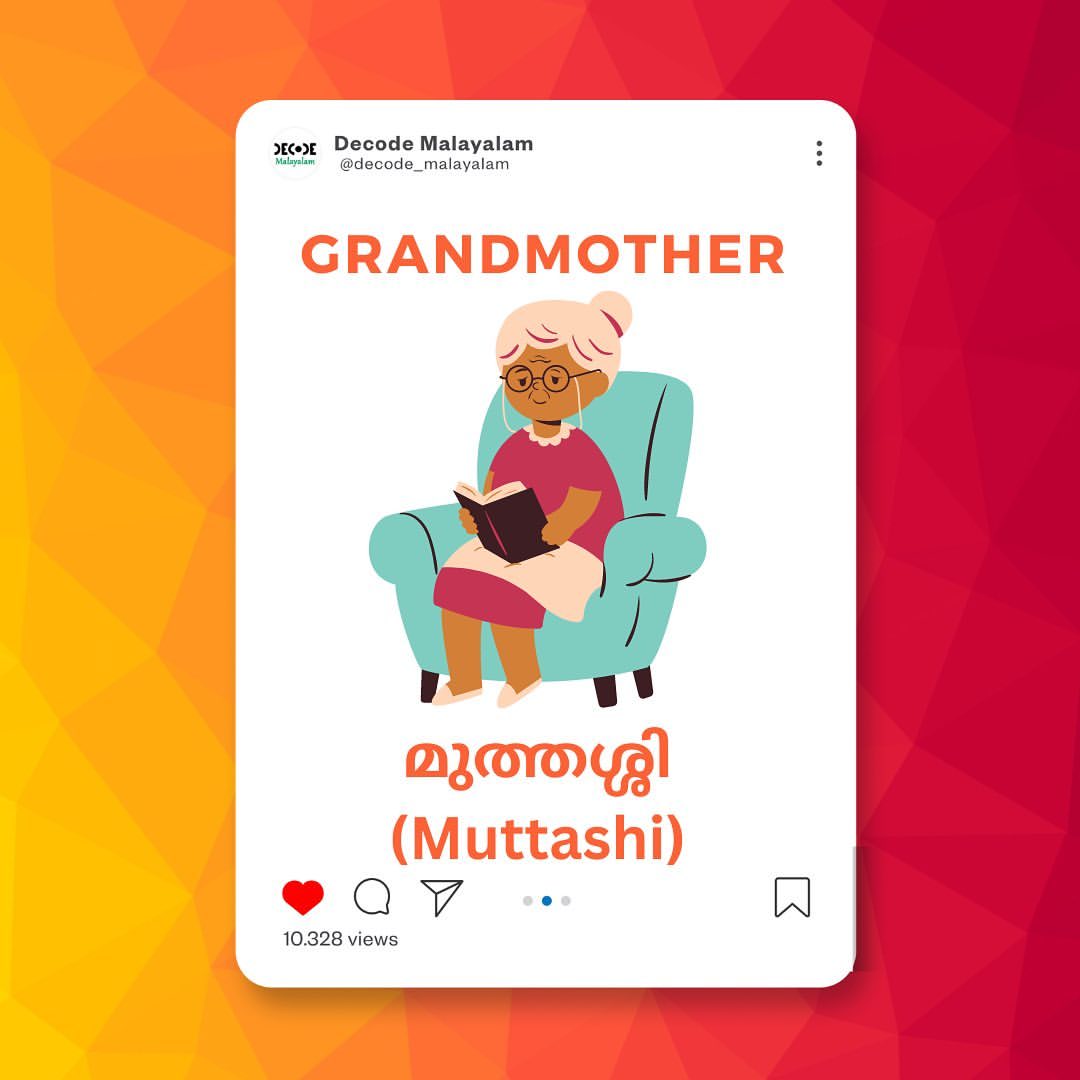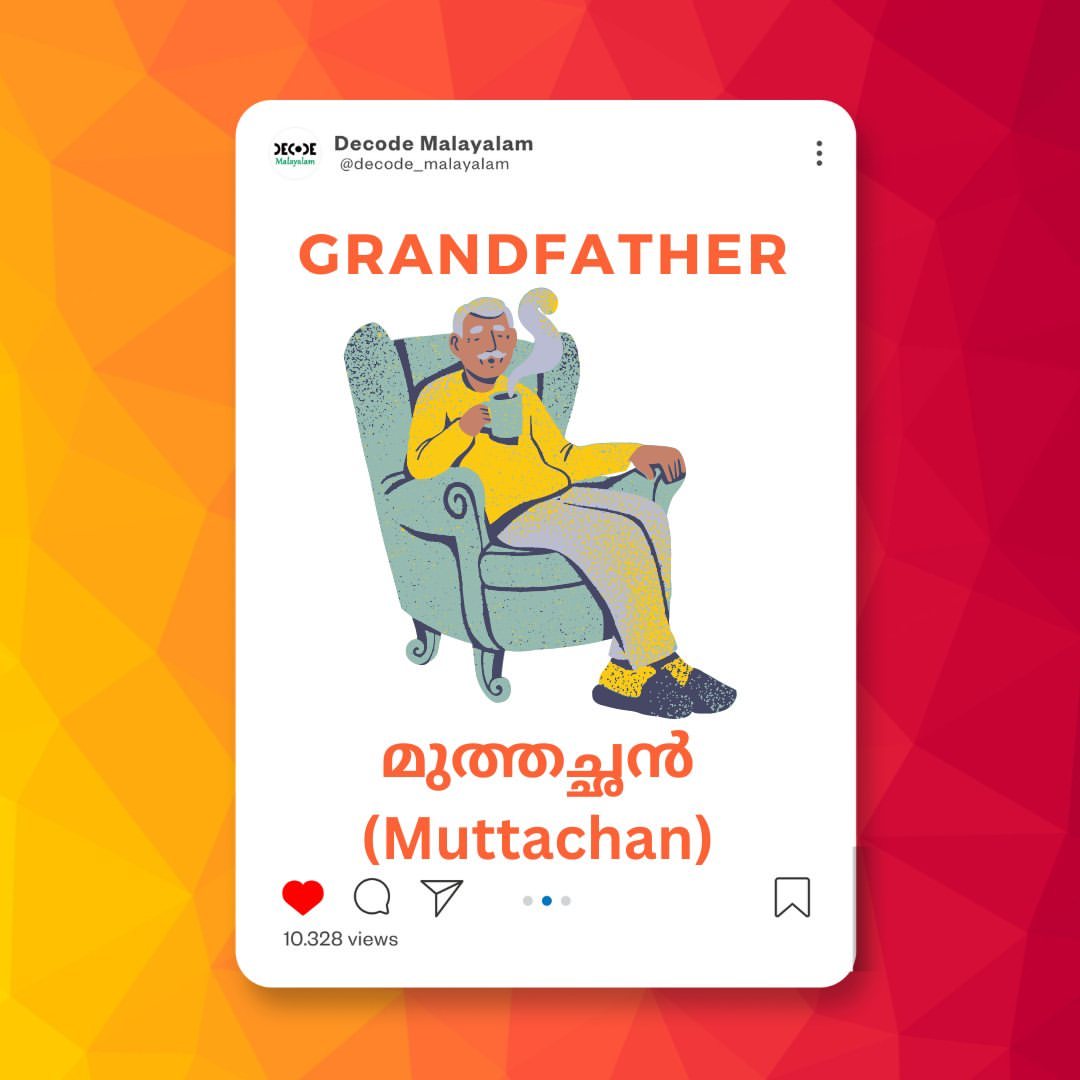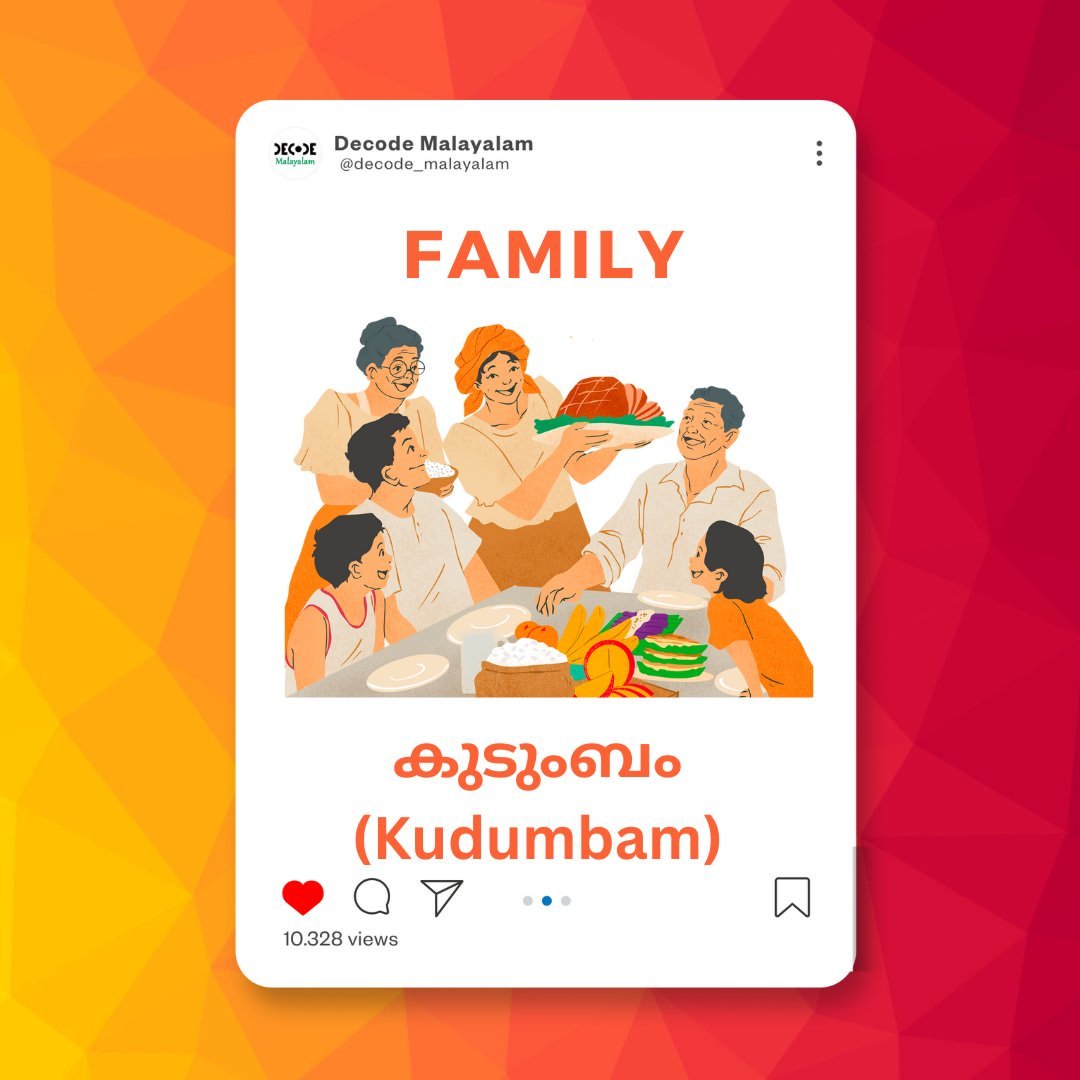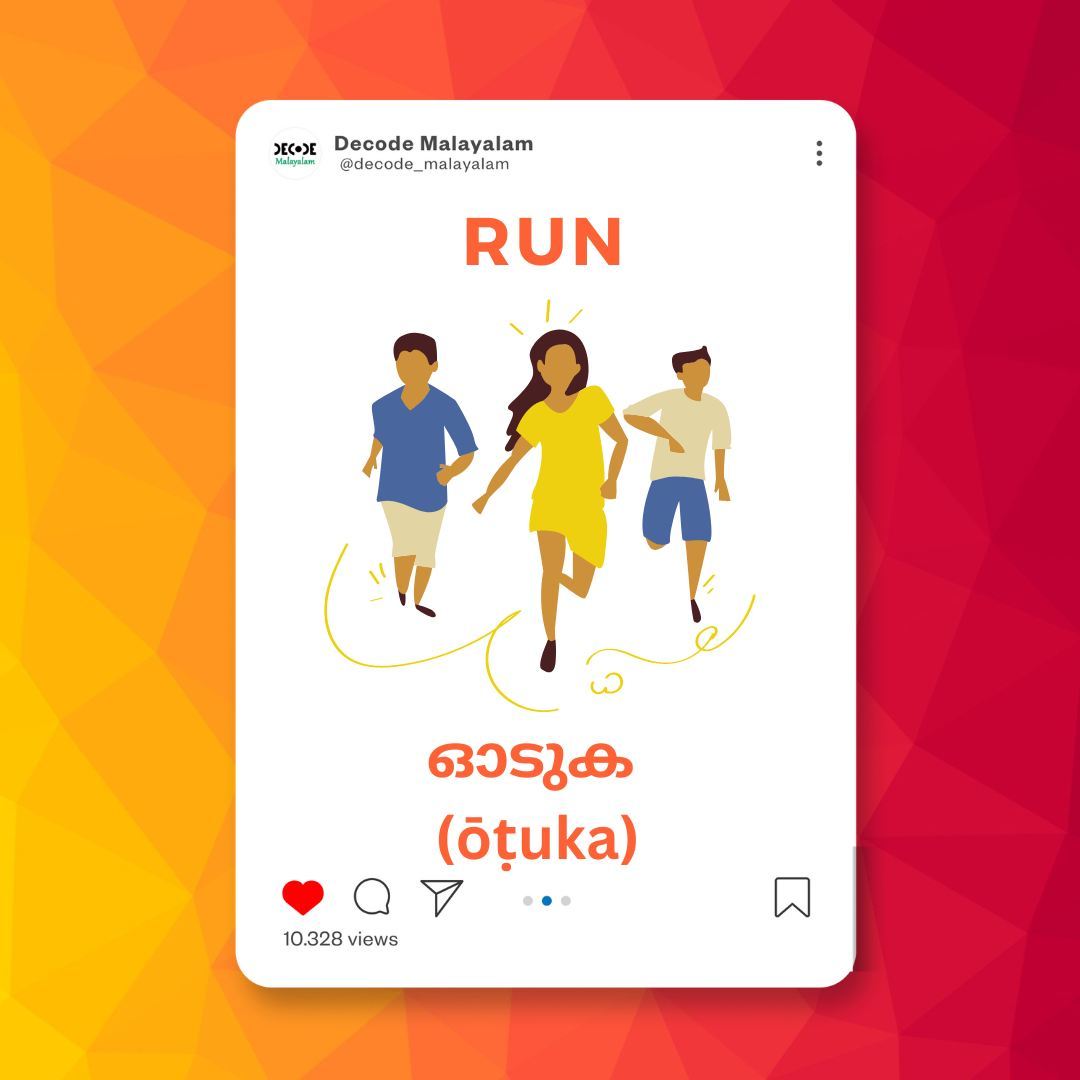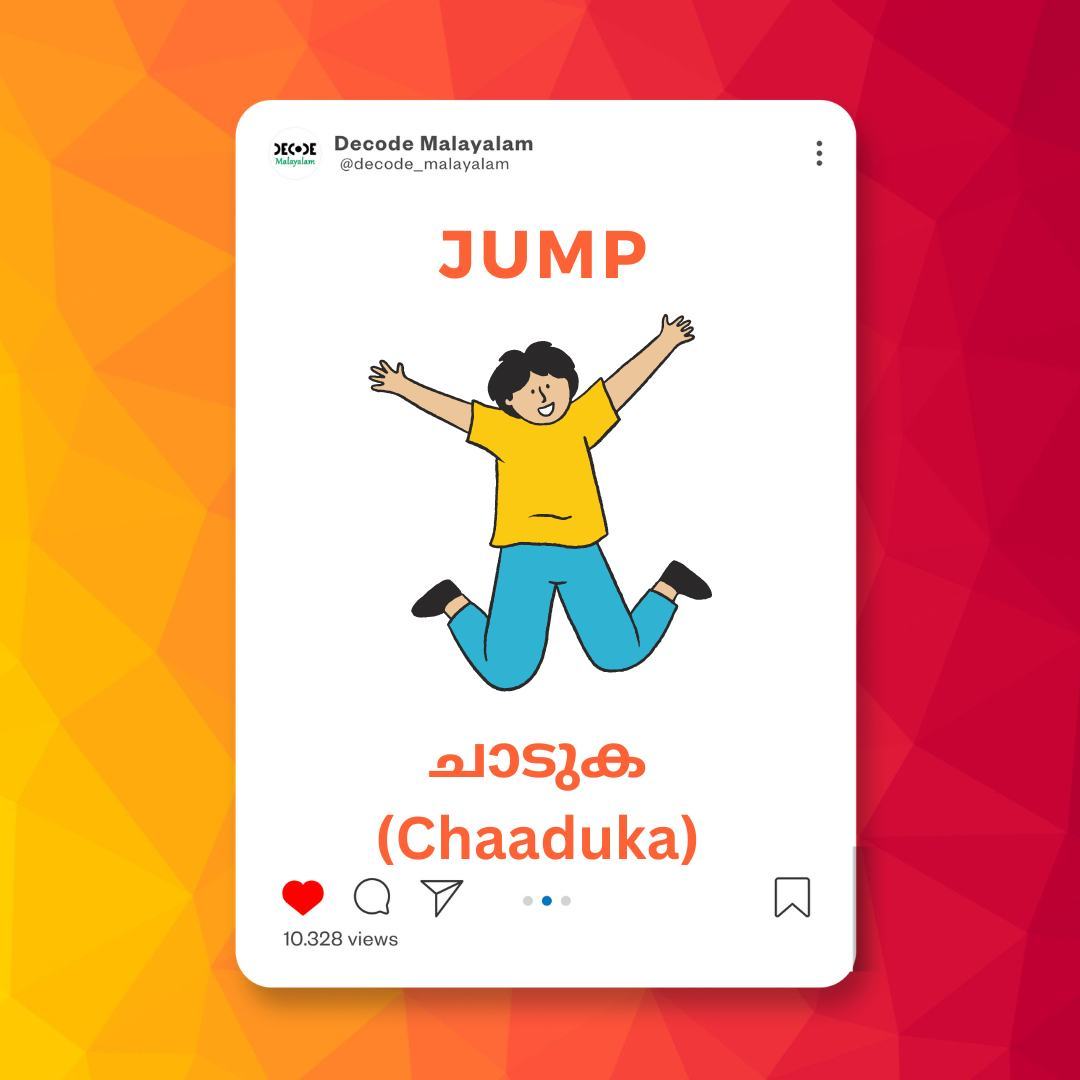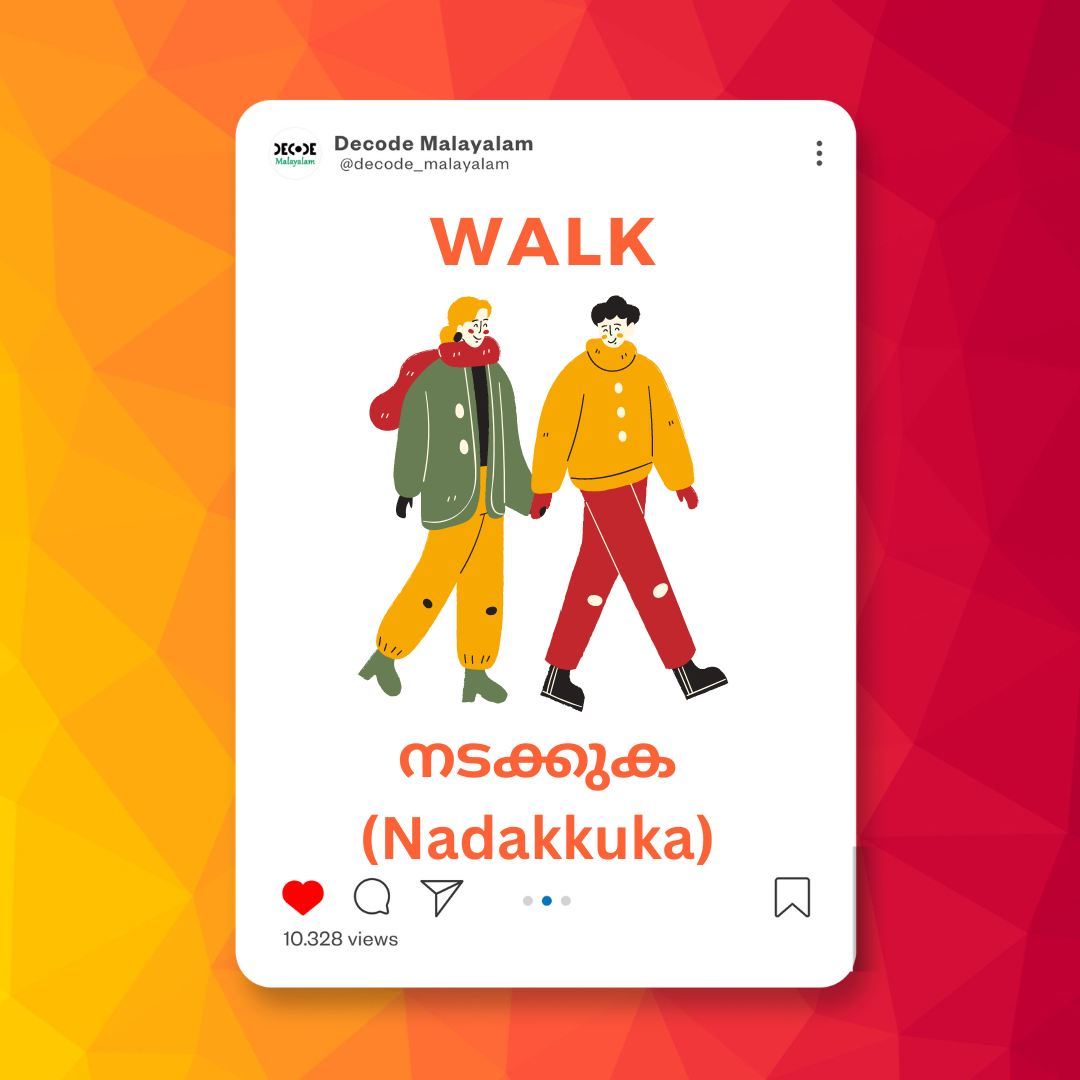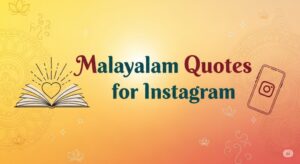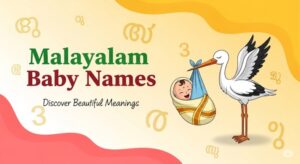Unlocking the Spirit of Festivities, One Malayalam Word at a Time.
Kerala, fondly known as “God’s Own Country,” is a land of rich traditions, vibrant colors, and joyous festivities. Throughout the year, the air in Kerala often buzzes with the excitement of various “celebration in Malayalam,” ringing communities together in a spirit of happiness and unity. For students and kids learning Malayalam from abroad, understanding the vocabulary related to celebrations is not just about expanding your language skills; it’s about connecting with the heart of Kerala’s culture, appreciating its customs, and perhaps even participating in the fun during your next visit!
This comprehensive guide will take you on a delightful journey through the world of Malayalam celebrations, introducing you to a wide array of vocabulary related to festivals, special occasions, and the joyful activities that accompany them. We’ll explore the significance of major festivals and make sure you’re well-equipped to talk about these happy times with your friends and family. Let’s start celebrating with new Malayalam words!
Why Learn Celebration Vocabulary in Malayalam?
Learning about celebrations in any language is an incredibly enriching and culturally immersive experience. For young learners and students, it offers several benefits:
- Cultural Immersion: Festivals are a window into the soul of a culture. Learning these words helps you understand the traditions, beliefs, and values of Kerala.
- Practicality: You’ll be able to understand and discuss various celebrations, send greetings, or even participate in events when interacting with Malayalam speakers.
- Emotional Connection: Celebrations evoke happiness and excitement. Learning these words in a joyful context can make language acquisition more enjoyable and memorable.
- Building Foundational Vocabulary: Terms related to festivals, greetings, and happy events are frequently used and form a crucial part of everyday conversation.
- Sharing Experiences: You can talk about celebrations from your own culture and learn about those in Kerala, fostering cross-cultural understanding.
The Basics: General Terms for Celebration
Let’s start with some fundamental terms related to celebrations and joyous occasions.
- Celebration (ആഘോഷം – aaghōsham): The most general term for a celebration or festivity.
- To celebrate (ആഘോഷിക്കുക – aaghōshikkuka): The verb “to celebrate.”
- Festival (ഉത്സവം – utsavam / പെരുന്നാൾ – perunnaal / ആഘോഷം – aaghōsham): “Utsavam” is often used for temple festivals, “Perunnaal” for Christian and Muslim festivals, and “Aaghōsham” as a general term.
- Joy / Happiness (സന്തോഷം – santhōsham): The feeling of being happy.
- Fun (വിനോദം – vinōdam / രസം – rasam): Enjoyment.
- Guest (അതിഥി – athithi): A person invited to a celebration.
- Gift (സമ്മാനം – sammaanam): Something given.
- Greetings (ആശംസകൾ – aashamsakal): Wishes.
- Wish (ആശംസിക്കുക – aashamsikkuka): To express good wishes.
Major Celebrations in Malayalam: The Heartbeat of Kerala!
Kerala is known for its diverse religious and cultural landscape, which translates into a rich calendar of festivals. Here are some of the most important “celebration in Malayalam” and related terms:
- Onam (ഓണം – Oṇam):
- Description: The most important and widely celebrated harvest festival of Kerala. It commemorates the annual visit of the mythical King Mahabali.
- Keywords:
- Onasadya (ഓണസദ്യ – Oṇasadya): The elaborate vegetarian feast served on a banana leaf.
- Pookkalam (പൂക്കളം – Pookkalam): Floral carpets made at the entrance of homes.
- Vallamkali (വള്ളംകളി – Vaḷḷamkaḷi): Traditional snake boat races.
- Pulikkali (പുലിക്കളി – Pulikkaḷi): Tiger dance performed by men painted as tigers.
- Onakkodi (ഓണക്കോടി – Oṇakkōṭi): New clothes worn during Onam.
- Thiruvonam (തിരുവോണം – Thiruvōṇam): The most important day of Onam.
- Mahabali (മഹാബലി – Mahaabali): The mythical king.
- Vishu (വിഷു – Viṣhu):
- Description: The Malayali New Year, marking the astronomical new year in the Malayalam calendar. It signifies prosperity and new beginnings.
- Keywords:
- Vishukkani (വിഷുക്കണി – Viṣhukkaṇi): The auspicious arrangement of auspicious items (like rice, fruits, vegetables, gold, money, mirror, Kani Konna flowers) that is seen first thing in the morning.
- Kani Konna (കണിക്കൊന്ന – Kaṇikkonna): The golden shower tree flowers, essential for Vishukkani.
- Kaineettam (കൈനീട്ടം – Kaineettam): Gifts of money given by elders to younger members of the family.
- Patakkam (പടക്കം – Paṭakkam): Firecrackers.
- Eid al-Fitr (ഈദ് അൽ-ഫിത്തർ – Eid al-Fitr / ചെറിയ പെരുന്നാൾ – Cheriya Perunnaal):
- Description: The “Festival of Breaking the Fast,” marking the end of Ramadan.
- Keywords:
- Roza / Nomb (നോമ്പ് – Nōmb): Fasting during Ramadan.
- Masjid (മസ്ജിദ് – Masjid): Mosque.
- Namaskaram (നമസ്കാരം – Namaskaram): Prayer.
- Biryani (ബിരിയാണി – Biriyani): A popular festive dish.
- Eid Mubarak (ഈദ് മുബാറക് – Eid Mubarak): A greeting.
- Eid al-Adha (ഈദ് അൽ-അദ്ഹ – Eid al-Adha / ബലി പെരുന്നാൾ – Bali Perunnaal):
- Description: The “Festival of Sacrifice,” commemorating Prophet Ibrahim’s willingness to sacrifice his son.
- Keywords:
- Qurbani (ഖുർബാനി – Qurbani): Sacrifice.
- Christmas (ക്രിസ്മസ് – Christmas):
- Description: Celebrated by Christians worldwide, marking the birth of Jesus Christ.
- Keywords:
- Nalliravu Namaskaram (നല്ലിരവ് നമസ്കാരം – Nalliravu Namaskaram): Midnight Mass.
- Christmas Tree (ക്രിസ്മസ് ട്രീ – Christmas Tree): Decorated tree.
- Carol (കരോൾ – Carol): Christmas songs.
- Pazham pori (പഴംപൊരി – Pazham pori): A popular snack often made during Christmas.
- Cake (കേക്ക് – Cake): A common festive dessert.
- Easter (ഈസ്റ്റർ – Easter):
- Description: Commemorating the resurrection of Jesus Christ.
- Keywords:
- Lent (നോമ്പ് – Nōmb): Period of fasting and prayer.
- Holy Week (വിശുദ്ധ വാരം – Vishuddha Vaaram): The week leading up to Easter.
- Diwali (ദീപാവലി – Deepaavali):
- Description: The “Festival of Lights,” celebrated by Hindus, Jains, and Sikhs, signifying the triumph of light over darkness.
- Keywords:
- Deepam (ദീപം – Deepam): Lamp/Light.
- Patakkam (പടക്കം – Paṭakkam): Firecrackers.
- Sweets (മധുരം – Madhuram): Festive treats.
- Thiruvathira (തിരുവാതിര – Thiruvathira):
- Description: A traditional Hindu festival celebrated especially by women for marital bliss and family well-being, dedicated to Lord Shiva.
- Keywords:
- Thiruvathirakkali (തിരുവാതിരക്കളി – Thiruvathirakkali): A traditional group dance performed by women.
- Ettangadi (എട്ടങ്ങാടി – Ettangadi): A special dish made with eight root vegetables.
- Weddings (കല്യാണം – Kalyaanam / വിവാഹം – Vivaaham):
- Description: A significant social celebration in Kerala.
- Keywords:
- Bride (വധു – Vadhu): The woman getting married.
- Groom (വരൻ – Varan): The man getting married.
- Mandapam (മണ്ഡപം – Mandapam): The wedding stage.
- Thalikettu (താലികെട്ട് – Thalikettu): The ritual of tying the ‘thali’ (mangalsutra).
- Sadya (സദ്യ – Sadya): The traditional feast.
- Birthdays (ജന്മദിനം – Janmadinam):
- Description: A personal celebration.
- Keywords:
- Happy Birthday (ജന്മദിനാശംസകൾ – Janmadinaashamsakal): Birthday wishes.
- Cake (കേക്ക് – Cake): Birthday cake.
- Party (പാർട്ടി – Party): Birthday party.
Activities and Customs During Celebrations
What do people do during these “celebration in Malayalam” events?
- Decorate (അലങ്കരിക്കുക – alangarikkuka): To adorn with decorations.
- Sing (പാടുക – paaduka): To make music with one’s voice.
- Dance (നൃത്തം ചെയ്യുക – nritham cheyyuka): To move rhythmically to music.
- Pray (പ്രാർത്ഥിക്കുക – praarthikkuka): To communicate with God.
- Visit (സന്ദർശിക്കുക – sandarshikkuka): To go and see someone or a place.
- Wear New Clothes (പുതിയ വസ്ത്രങ്ങൾ ധരിക്കുക – puthiya vasthrangal dharikkuka): A common custom.
- Exchange Gifts (സമ്മാനങ്ങൾ കൈമാറുക – sammaanangal kaimaaruuka): To give and receive presents.
- Eat Special Food (പ്രത്യേക ഭക്ഷണം കഴിക്കുക – prathyeka bhakshanam kazhikkuka): Enjoying festive dishes.
- Light Lamps/Crackers (വിളക്കുകൾ കത്തിക്കുക / പടക്കം പൊട്ടിക്കുക – vilakkukal kathikkuka / paṭakkam poṭṭikkuka): Common during festivals of light.
- Gather (ഒത്തുചേരുക – otthucheruka): For family and friends to come together.
Useful Phrases for Celebrations
Here are some phrases that will come in handy when discussing “celebration in Malayalam”:
- Happy Onam! (ഓണാശംസകൾ! – Oṇaaashamsakal!)
- Happy Vishu! (വിഷു ആശംസകൾ! – Viṣhu aashamsakal!)
- Merry Christmas! (ക്രിസ്മസ് ആശംസകൾ! – Christmas aashamsakal!)
- Eid Mubarak! (ഈദ് മുബാറക്! – Eid Mubarak!)
- Happy Birthday! (ജന്മദിനാശംസകൾ! – Janmadinaashamsakal!)
- How do you celebrate Onam? (നിങ്ങൾ ഓണം എങ്ങനെയാണ് ആഘോഷിക്കുന്നത്? – ningal Oṇam enganeyanaanu aaghōshikkunnathu?)
- We make Pookkalam. (ഞങ്ങൾ പൂക്കളം ഇടുന്നു – njangal pookkalam idunnu)
- The Sadya was delicious. (സദ്യ വളരെ സ്വാദിഷ്ടമായിരുന്നു – sadya valare swaadishtamaayirunnu)
- Are you coming for the festival? (നിങ്ങൾ ഉത്സവത്തിന് വരുന്നുണ്ടോ? – ningal utsavathinu varunnundo?)
- We give gifts during Christmas. (ഞങ്ങൾ ക്രിസ്മസിന് സമ്മാനങ്ങൾ നൽകുന്നു – njangal Christmasinu sammaanangal nalkunnu)
- Everyone is happy. (എല്ലാവരും സന്തോഷത്തിലാണ് – ellaavarum santhōshathilaanu)
- Let’s have fun! (നമുക്ക് രസിക്കാം! – namukku rasikkam!)
- What is your favorite festival? (നിങ്ങളുടെ ഇഷ്ടപ്പെട്ട ആഘോഷം ഏതാണ്? – ningalude ishtappetta aaghōsham ethaanu?)
- We wear new clothes for Eid. (ഞങ്ങൾ ഈദിന് പുതിയ വസ്ത്രങ്ങൾ ധരിക്കുന്നു – njangal Eidinu puthiya vasthrangal dharikkunnu)
Engaging Activities for Young Learners
Making learning fun and interactive is the best way for kids to grasp new vocabulary. Here are some activities for “celebration in Malayalam”:
- Festival Calendar: Create a simple calendar marking the dates of major Kerala festivals. Talk about what happens on each day.
- Draw Your Favorite Festival: Encourage kids to draw a picture of their favorite celebration (either from Kerala or their own culture) and label elements in Malayalam.
- Role-Play Festival Scenarios: Pretend to celebrate a festival. For example, make a pretend “Vishukkani” or exchange pretend “Onakkodi.”
- Flashcards with Festival Images: Create flashcards with pictures representing different festivals and their Malayalam names/associated items.
- Listen to Malayalam Festival Songs: Find children’s songs or traditional songs related to Onam, Vishu, or other festivals and sing along.
- Taste Festive Foods: If possible, try making or tasting simple festive dishes (like Pazham pori or a small portion of Sadya). As you eat, name the food in Malayalam.
- Greetings Practice: Practice saying “Happy Onam,” “Happy Vishu,” “Happy Birthday,” etc., to family members and friends.
- “What Do We Do?” Game: Ask, “ഓണത്തിന് നമ്മൾ എന്ത് ചെയ്യും?” (Oṇathinu nammal enth cheyyum?) – “What do we do for Onam?” and prompt answers like “പൂക്കളം ഇടും” (pookkalam idum) – “We make Pookkalam.”
Conclusion
Stepping into the vibrant world of “celebration in Malayalam” is a truly joyous and enriching experience that connects you deeply with the cultural tapestry of Kerala. By mastering these celebration terms and related vocabulary, you’re not just expanding your linguistic skills; you’re gaining a profound appreciation for the traditions, community spirit, and sheer happiness that define festivals in God’s Own Country. Keep celebrating, keep lear

